The Krausist Movement and Ideological Change in Spain, 1854–1874
This is a definitive study of a major intellectual movement of nineteenth-century Spain. The 'harmonic rationalism' of the German Karl Christian Friedrich Krause (1781–1832), a philosophy dedicated to an ideal of universal brotherhood, had an unexpectedly powerful influence upon Spanish history, politics, education and literature in the late nineteenth century and beyond. Concerned primarily with the phase in which this all-embracing movement appears most homogeneous - between the revolution of 1854 and the early days of the Restoration - Professor López-Morillas clearly outlines the Krausist doctrine and its relevance to Spain, particularly in the contexts of attitudes towards Germany and France. Because of the failure of the Enlightenment to establish any real roots in Spain and the political repression that delayed and weakened the Romantic revolt, the Spanish intellectual and political climate of the time was receptive to a philosophy that combined rationalism and idealism with social reform.
Product details
March 2010Paperback
9780521135313
176 pages
229 × 152 × 10 mm
0.27kg
Available
Table of Contents
- Foreword
- Preface to the English edition
- Preface to the Spanish edition
- Note to the second Spanish edition
- 1. Julián Sanz del Río
- 2. Harmonic rationalism
- 3. Catechumens and nonconformists
- 4. Toward a better world
- 5. Germanophilia
- 6. Gallophobia
- 7. Krausism and literature
- 8. Krausism and religion
- 9. Krausism and politics
- 10. Spirit of controversy
- Afterword
- Notes
- Additional bibliography
- Index of names.

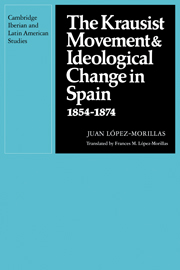
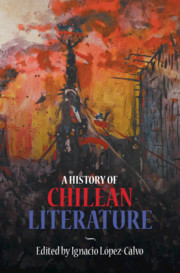
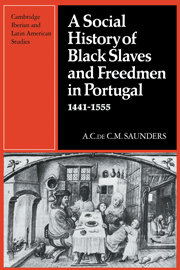
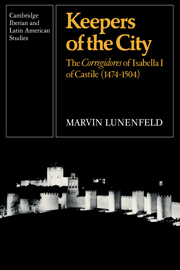
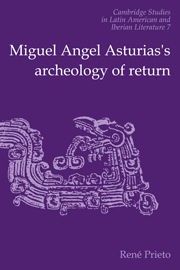



.jpg)
.jpg)